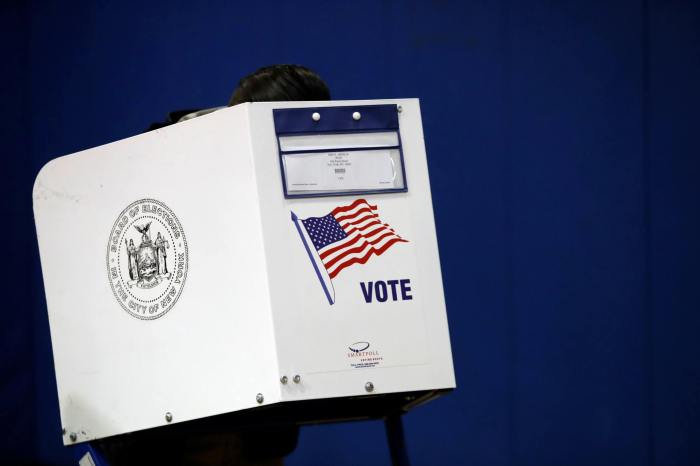A few weeks back, I wrote that I’d have two things on my mind for the foreseeable future; my focus would be on the race to be New York City’s 110th Mayor. Nothing has changed, and that’s still the case. I write and think about the rezoning enough in my day job, and with local publications covering it so well, I’ll use this space to focus on the latter of the two focuses, the mayoral race.
I’m certain it’s a coincidence, but after complaining about the lack of polling and urging people not to vote early, there’s been a sudden spate of polls, and turnout numbers are very low so far.
Those two facts have created a few clear dynamics of the race. First, it’s up for grabs; second, Adams is the favorite, Garcia is in second, and Maya has momentum. The biggest reason for these narratives being true is Ranked Choice Voting (RCV). With the older system, and no candidates polling even close to 40 percent, the clear plotline would be we’re heading to a run-off between Eric Adams and wondering if it’ll be against Garcia or Wiley.
I can’t say definitively what will happen, and while it can be fun to discuss possible outcomes, we shouldn’t lose sight of what is actually at stake. I mean that the New York City’s Mayor is the most important and visible municipal job in the country, if not the world. If occupied by the wrong person, a great deal of harm can occur and ruin lives. If a mayor does the right things, it can form the basis for a better city and set the trend for a policy that expands across the city, state, and country.
Take, for example, the Universal Pre- K program initiated by the de Blasio administration and how it’s expanded across the state and is the template for the Biden Administration’s federal Pre- K plan. Having a guarantee of universal pre-k in the city changed the social contract of what it means to be a child in NYC. Even with an unpopular mayor, it also shows that once a good policy is implemented, a field that doesn’t want your endorsement will still work to protect and expand your signature achievement.
A prime example of this type of policy is Kathryn Garcia’s plan to automatically enroll eligible Seniors in the Senior Citizen Rent Increase Exemption (SCRIE). For those that may not know, which unfortunately includes many seniors, SCRIE is a program that exempts rent-controlled, stabilized and some other senior tenants (62 years and up) earning under $50,000 from rent increases exceeding 30 percent of their income in return for the owner getting property tax relief. This allows seniors, many of whom are on a fixed income, to avoid displacement and anxiety about increases that they wouldn’t be able to afford.
Unfortunately, too many seniors don’t know about the city-run and state-authorized program and have been evicted or have faced eviction. The program currently has too much red tape, especially as things have moved online, creating insurmountable access problems for those most in need. Automatic enrollment would eliminate that problem and lead to many seniors facing fewer problems.
This would be something that would outlive a mayoral administration, but it won’t be easy and would require the knowledge of a world-class public administrator. That’s what Kathryn Garcia is, and it’s why if she wins, she gets to change the social contract of seniors in New York.






















